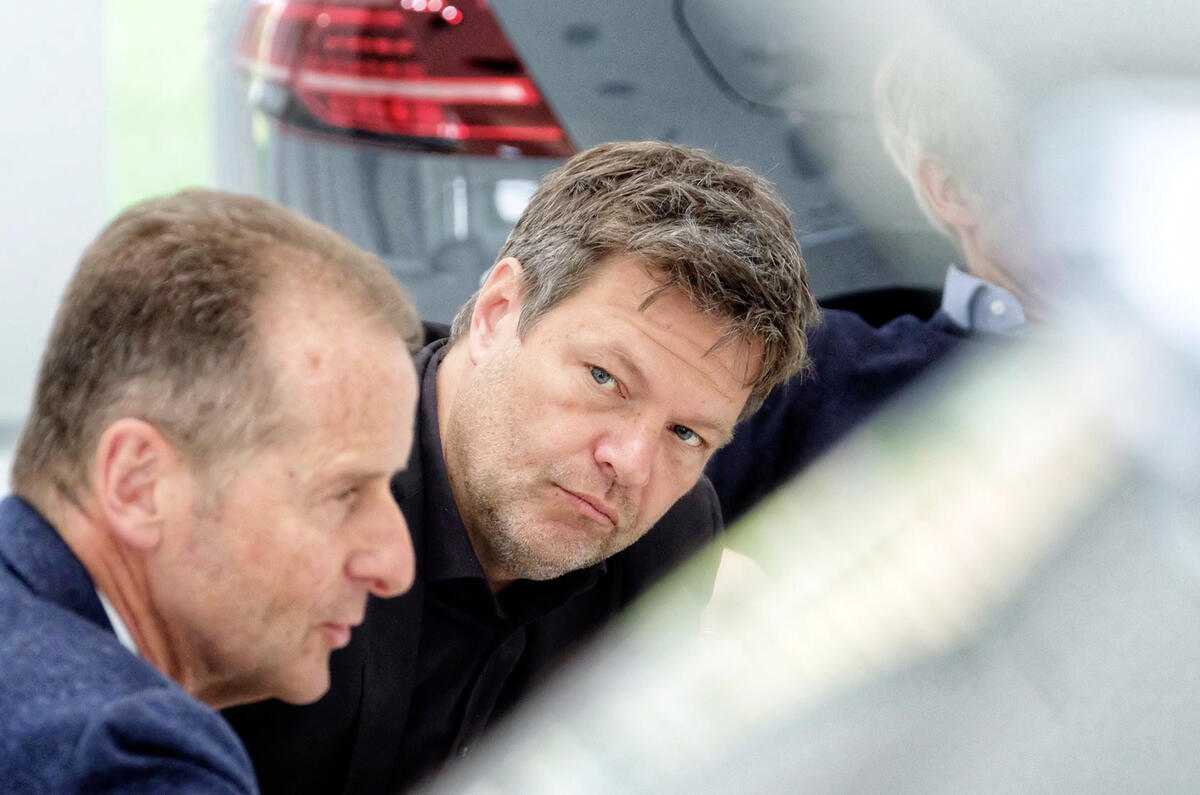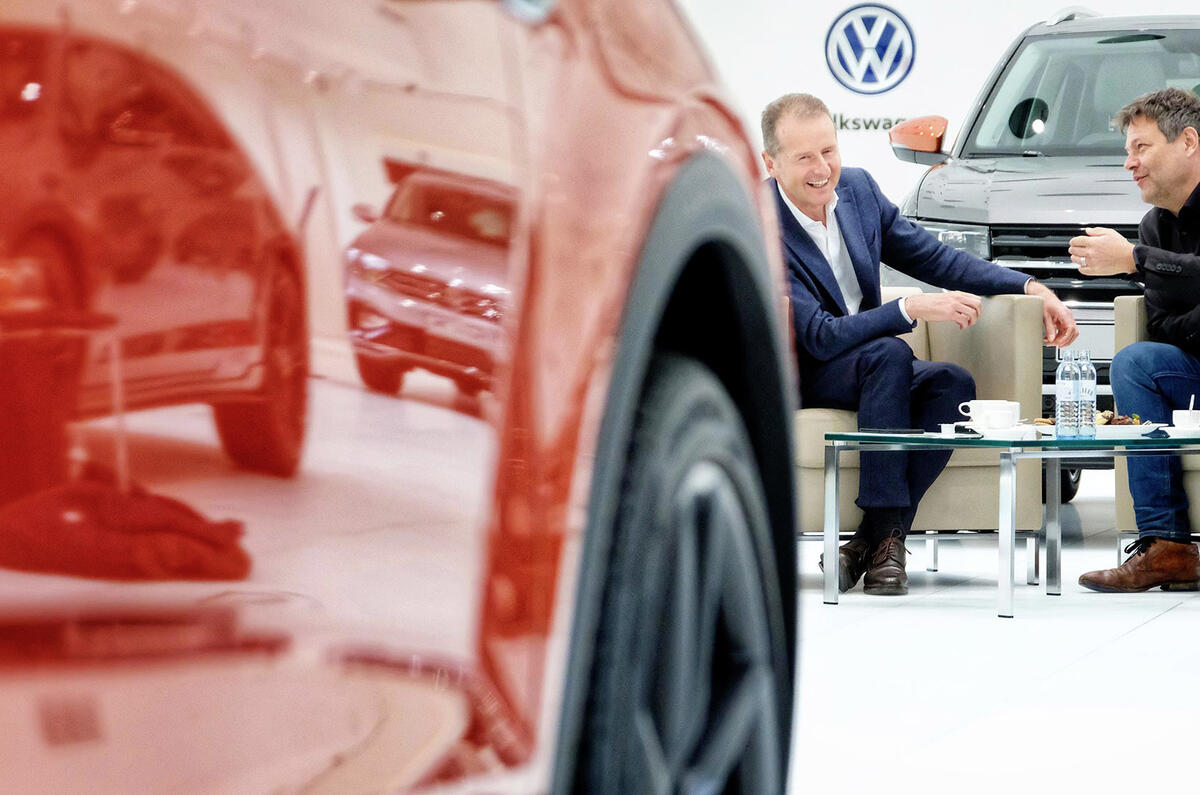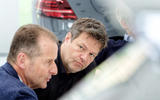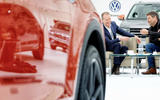Germany’s new ‘traffic light’ coalition government is planning a dramatic upsurge in electrified motoring together with greener industrial policies, putting a question mark over some 880,000 jobs and the future of its world-leading car makers and global tier-one suppliers – but also promising a radical reshaping of an industry at the heart of Europe’s car-making skills.
The battle around electrification, synthetic fuels and the pivot in Germany’s powerhouse assembly plants and supply chain to BEVs has already split the outgoing Merkel government from some sectors of the German auto industry – a trend that might continue since new transport, energy and industry ministers were appointed by the Coalition in early December.







Join the debate
Add your comment
Seems in the last few years that the Boffins say we need to go green,more plant based products ranging from Fuels ,to what we're told is better for us and go vegan in what we eat, it should be our choice, it shouldn't be rushed at to do it quickly,and, really, climate change isn't an exact Science,it's like saying, what happens when Glaziers return, the polar Icecaps increase,the World gets colder, what would we do then?, yes, I'm all for cleaner, quieter transport,but in an appropriate time span.
Sounds great. Imagine how much better our environmental and social policy would be with a traffic light coalition in the UK.
On the topic of synthetic fuels, the reason Green politicians don't support them is because they are a carbon-based distraction only really supported by the oil industry and reactionary manufacturers who see less cost to them in a slower transition.
Sounds great. Imagine how much better our environmental and social policy would be with a traffic light coalition in the UK.
On the topic of synthetic fuels, the reason Green politicians don't support them is because they are a carbon-based distraction only really supported by the oil industry and reactionary manufacturers who see less cost to them in a slower transition.